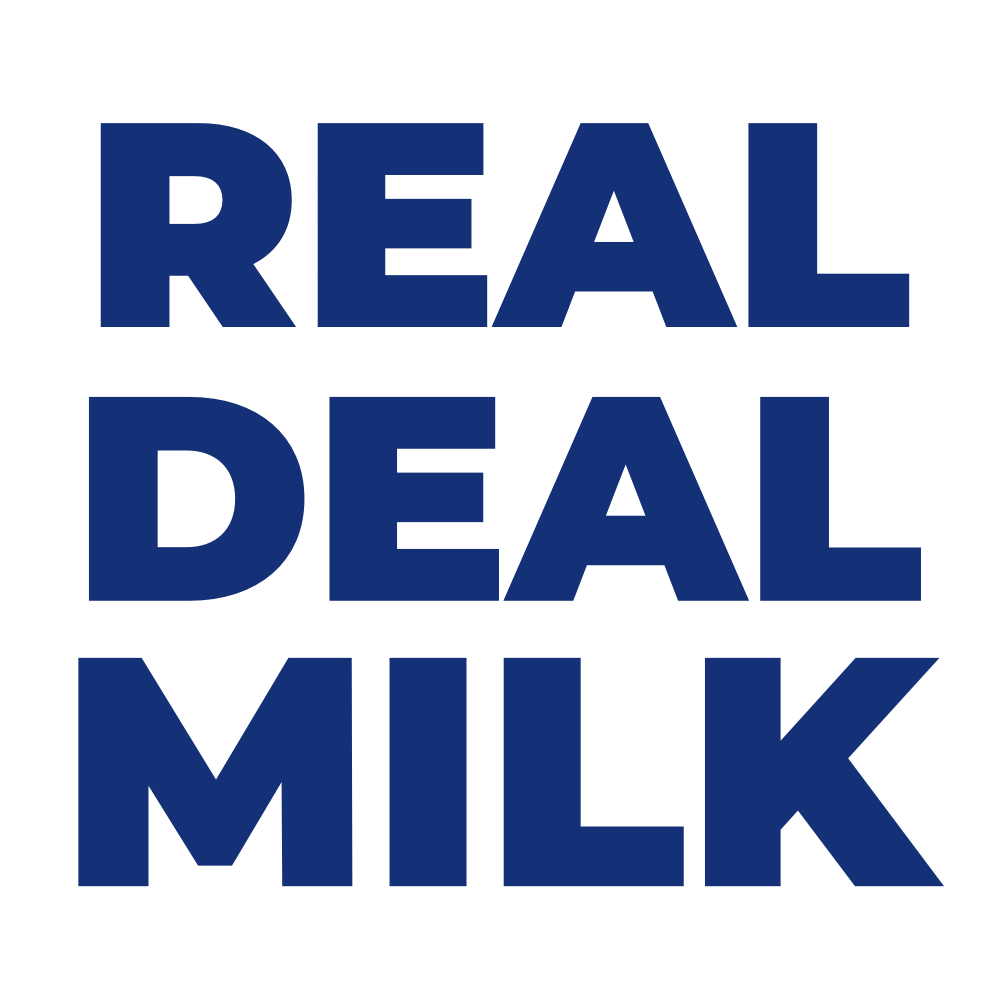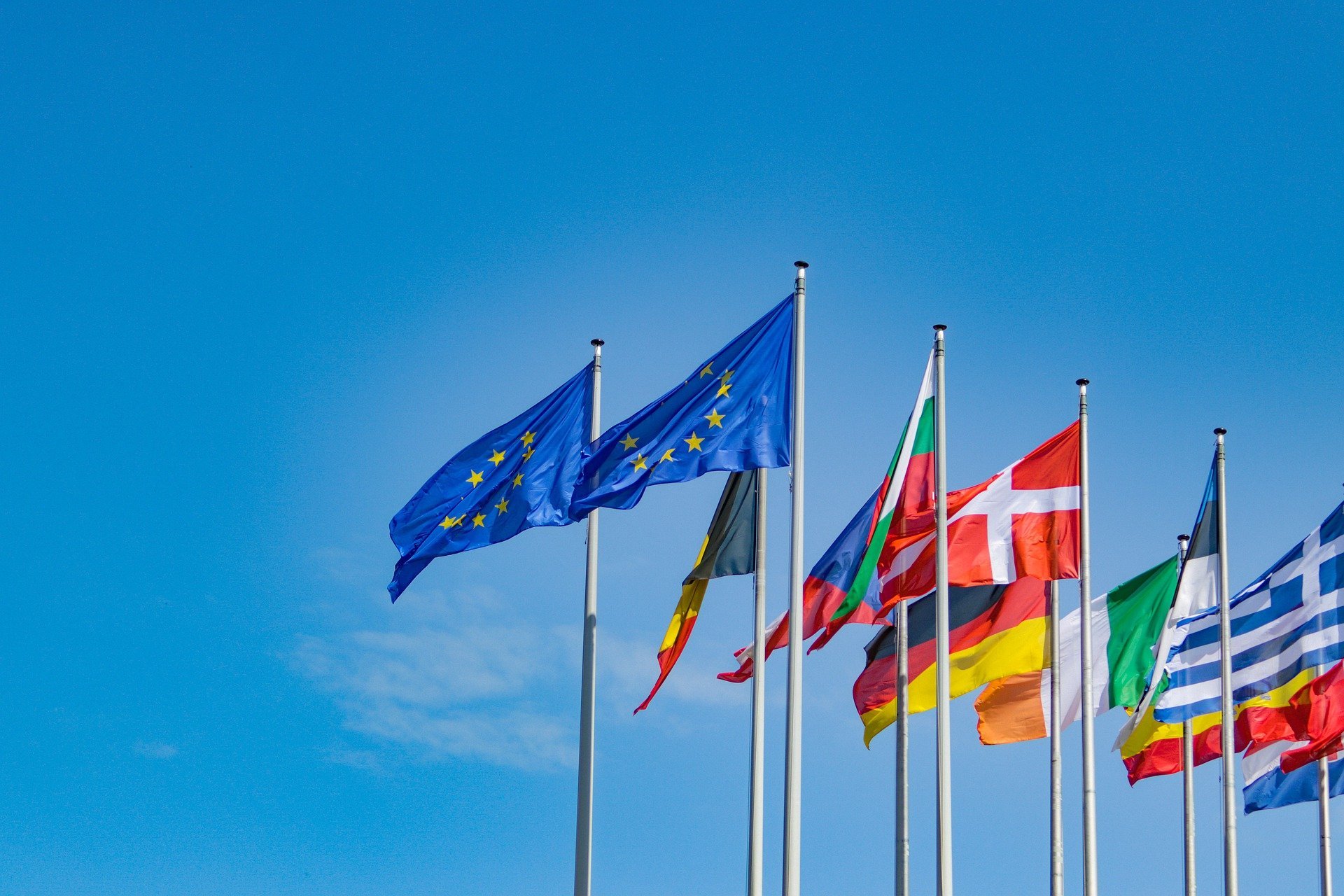Do as I say, not as I do.
How the European Union is subsidising the meat and dairy industry whilst aiming for a sustainable food system.
European Union (EU) subsidies are going right into the pockets of a big polluter. Animal agriculture.
€494 billion a year is spent on supporting agriculture globally, yet 87% ends up supporting measures that cause harm to nature and health, and distorts prices (UN. 2021). So whilst the EU makes all the right noise shouting about cutting down emissions and going through a green transition, they are feeding money to one of the most polluting industries. It’s illogical.
Europe’s meaty love
Europe's greed for animal products is astounding.
Europeans consume twice as much meat as the global average and three times as much dairy (Greenpeace. 2020), for example, the average Spaniard consumers 180kg of dairy and the average Brit 224kg (Our World in Data. 2019)!
Therefore Europe must take responsibility for lowering these intakes. It is not made easier by financially supporting and promoting the exact industries we should be moving away from.
The subsidies
Subsidies exist to help protect farmers and our food supply. The downfall comes when two-thirds of agricultural payments across the world, totalling €183 billion of public money, come with no strings attached (Oxford Martin. 2020), and can therefore find their way into supporting the health and environmental problems within food production.
In Europe €60 billion in subsidies is meant to support incomes, ensure food quality, protect biodiversity and tackle climate change. Yet in reality, it was shown most subsidies go to the farming regions which are causing the most pollution and biodiversity loss (The Conversation. 2020). These intensive and damaging farms are receiving support from the EU despite all the damage they are inflicting.
The promotion
Not only is the EU subsiding this industry, but also promoting it.
Between 2016 and 2020 €252 million was spent on promoting meat and dairy compared to €156.4 million for fruit and vegetables and nothing for plant-based alternatives (Global Insights. 2021).
For example, a campaign named Pork Lovers Europe received €1.4 million to target consumers in the UK, Spain, Germany, France and Portugal (The Guardian. 2020), as the biggest meat-eaters, Europeans needs no more persuasion to eat it. Another promotion co-funded by the EU was “What a Wonderful Beef”, promoting Spanish beef in Hong Kong, Saudi Arabia, United Emirates and Vietnam (European Data Journalism Network. 2019).
Do as I say, not as I do
The Green Deal is a package of policies that aim to set the EU on the path to achieving climate neutrality by 2050 (European Council), including aims to reduce the environmental and climate footprint of the EU food system (European Commission). “The link between healthy people, healthy societies and a healthy planet puts sustainable food systems at the heart of the European Green Deal” (European Commission). Within the Green Deal, is also the Farm to Fork strategy, which discusses the environmental and health benefits of reducing the consumption of red and processed meat (Politico. 2021).
Revolutionising our agricultural system to become more sustainable is crucial to meeting the aims of the Green Deal and lowering our emissions. By continuing to support an industry that is detrimental to the environment the EU is shooting itself in the foot. This support needs to be redistributed to agriculture without the negative consequences, including plant-based and cellular, to encourage their growth and allow a sustainable food system to flourish.
The climate emergency is not something to be addressed half-heartedly, and as the latest IPCC report states “it’s now or never”. So it’s time that all the EU cuts its ties with the most polluting form of agriculture and unite on a path to a sustainable future.
References
European Commission. Agriculture and the Green Deal. https://ec.europa.eu/info/strategy/priorities-2019-2024/european-green-deal/agriculture-and-green-deal_en
European Council. European Green Deal. https://www.consilium.europa.eu/en/policies/green-deal/
European Data Journalism Network. 2019. EU promotes meat, despite climate goals. https://www.europeandatajournalism.eu/eng/News/Data-news/EU-promotes-meat-despite-climate-goals
Global Insights. 2021. EU urges plant-based diets - but policy favours meat and dairy. https://insights.figlobal.com/plant-based/eu-urges-plant-based-diets-policy-favours-meat-and-dairy
Greenpeace. 2020. EU climate diet: 71% less meat by 2030. https://www.greenpeace.org/eu-unit/issues/nature-food/2664/eu-climate-diet-71-less-meat-by-2030/
Our World in Data. 2019. Meat and dairy production. https://ourworldindata.org/meat-production
Oxford Martin. 2022. Meat and dairy gobble up farming subsidies worldwide; it’s bad for your health and the planet. https://www.oxfordmartin.ox.ac.uk/blog/meat-and-dairy-gobble-up-farming-subsidies/
Politico. 2021. Spain’s carne conflict highlights scale of Europe’s meat emissions challenge. https://www.politico.eu/article/spain-europe-livestock-meat-emissions-challenge/
The Conversation. 2020. EU subsidies benefit big farms while underfunding greener and poorer plots - new research. https://theconversation.com/eu-subsidies-benefit-big-farms-while-underfunding-greener-and-poorer-plots-new-research-144880
The Guardian. 2020. EU spends tens of millions of euros a year to promote meat-eating. https://www.theguardian.com/environment/2020/feb/14/eu-spending-tens-of-millions-of-euros-a-year-to-promote-meat-eating
UN. 2021. UN report calls for repurposing of USD 470 billion of agriculture support that distorts prices, environment and social goals. https://www.unep.org/news-and-stories/press-release/un-report-calls-repurposing-usd-470-billion-agricultural-support



